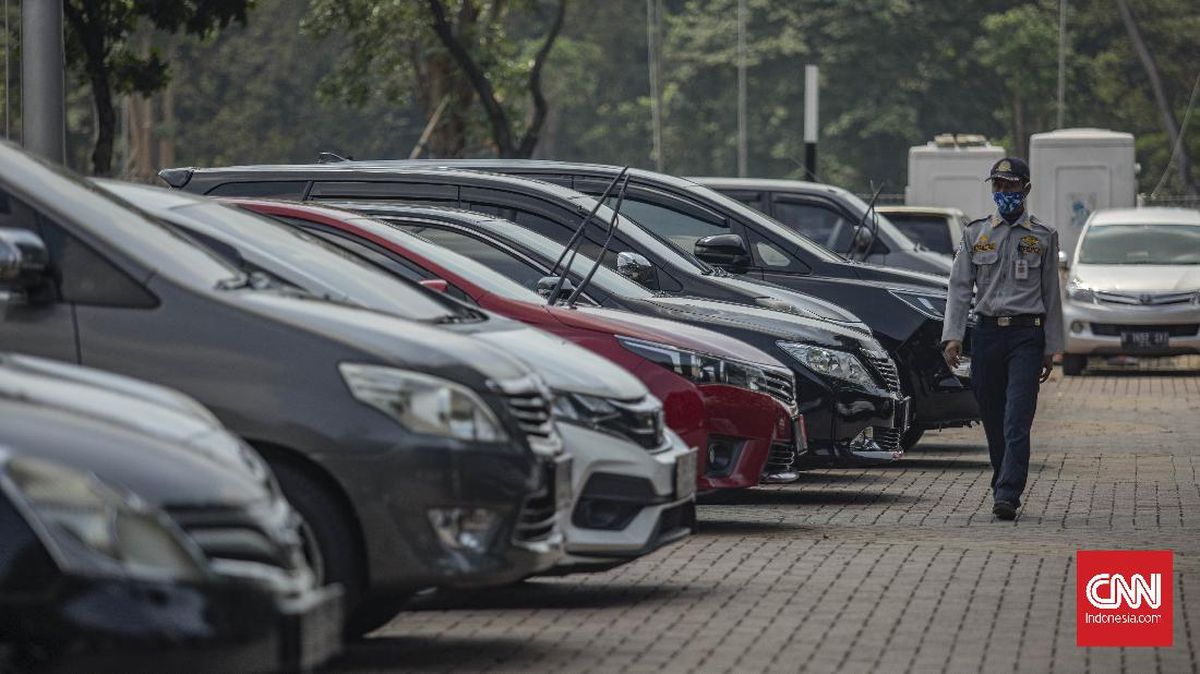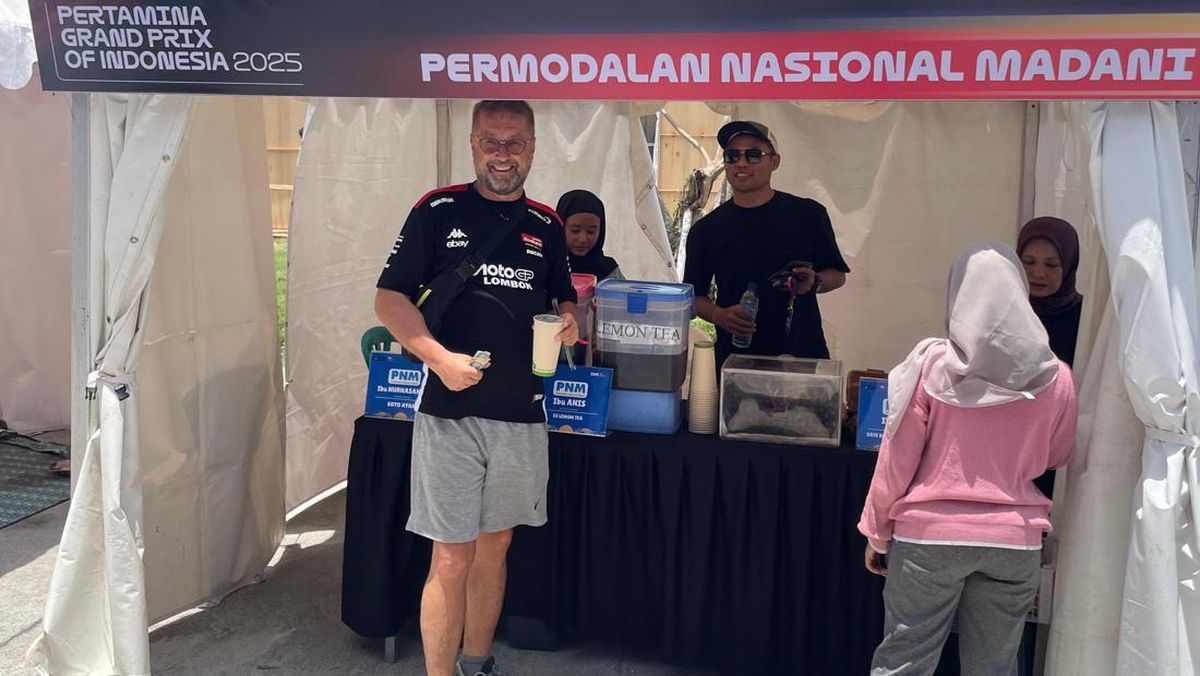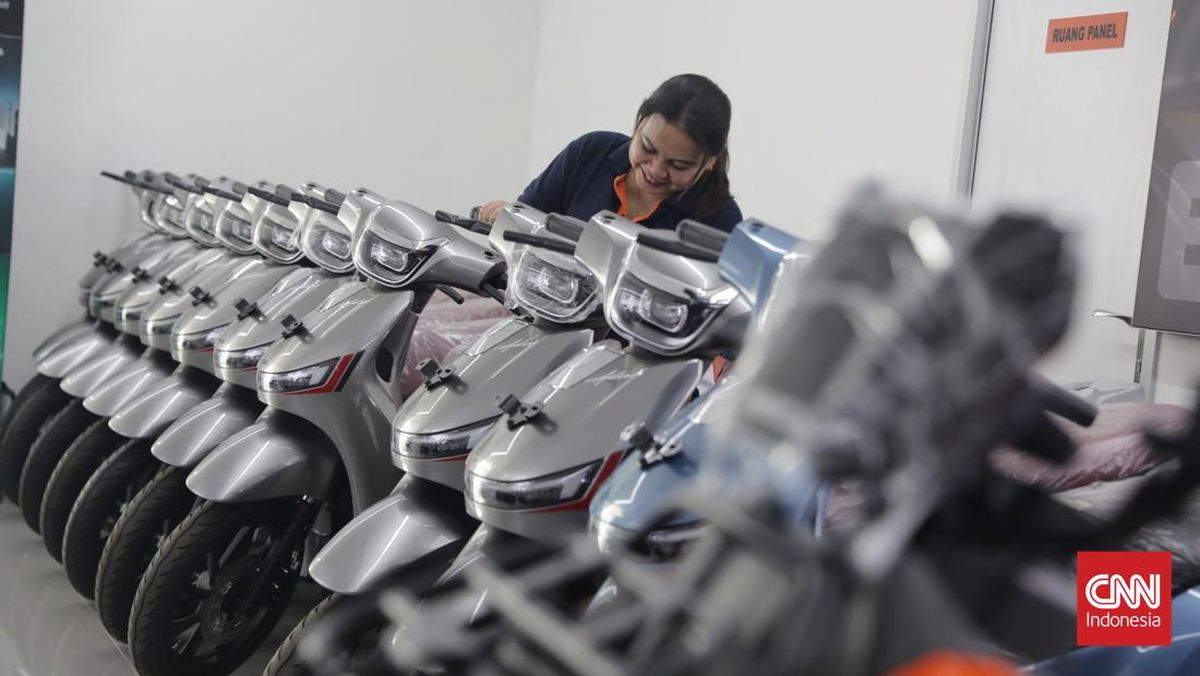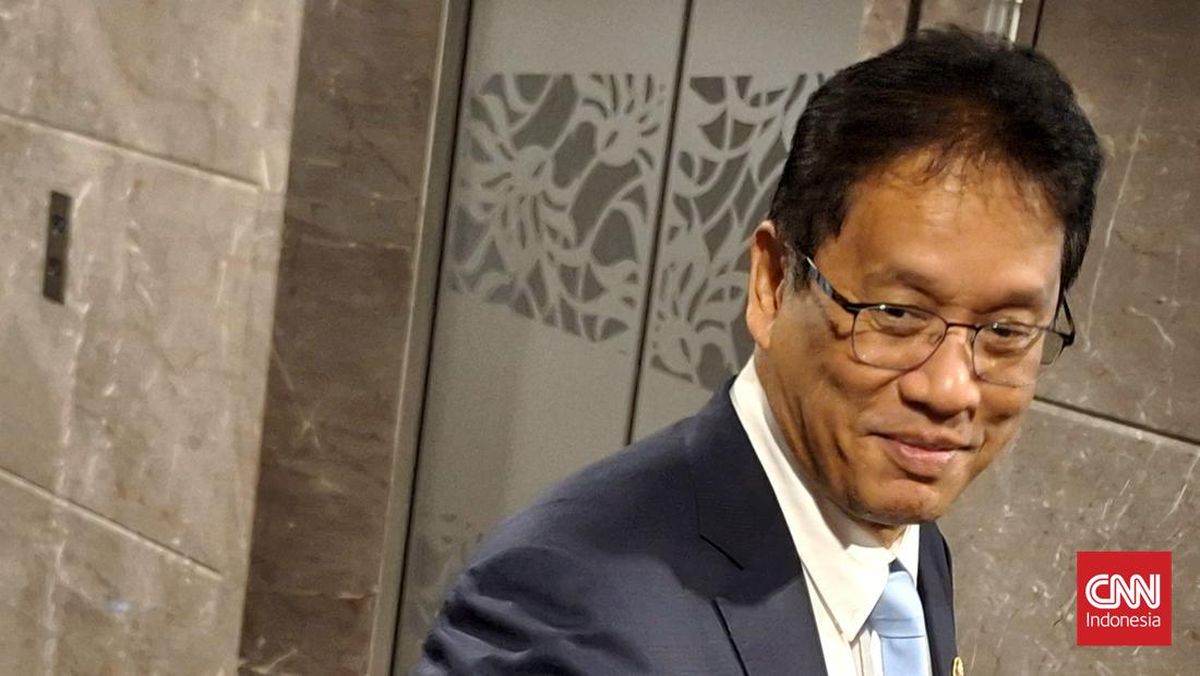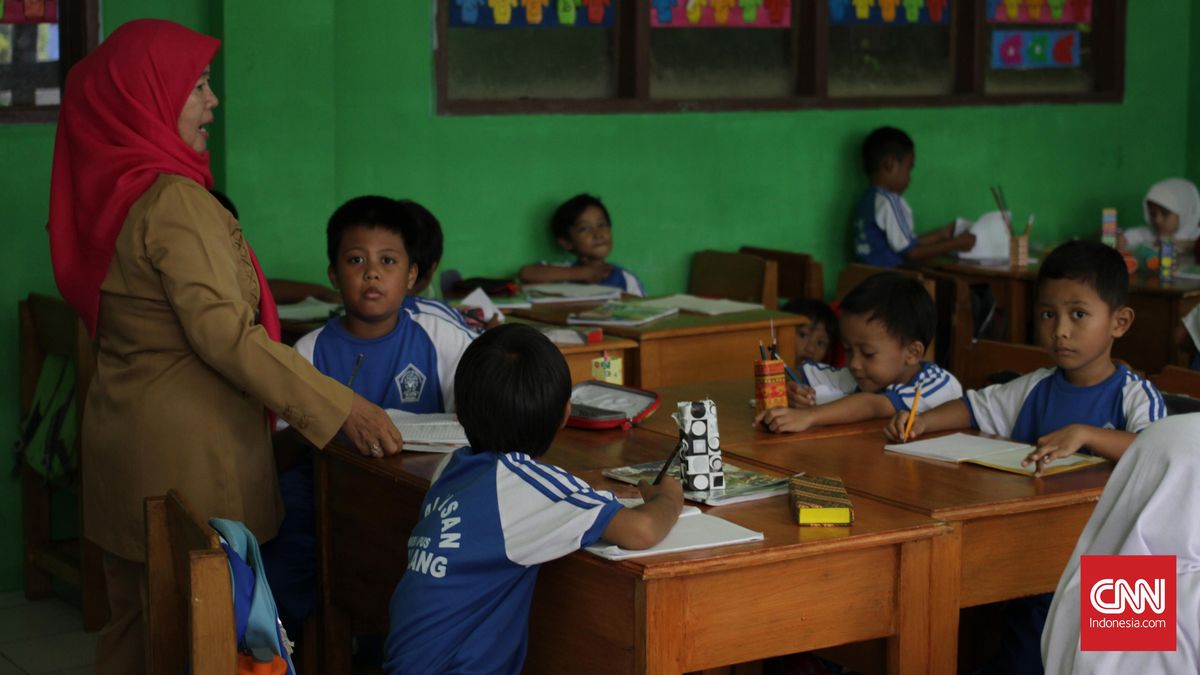Emma Pegrum doesn’t see herself as a victim and she doesn’t like cancel culture either.
But an unsettling experience with celebrity chef Guy Grossi from 2018 left her wondering about the narratives promoted, and hidden, by Australia’s hospitality industry.
“The media is so stuck on this narrative of the legendary family name that has these big grand restaurants,” she said.
“I understand that’s an important story and there’s a desire to want that facade to be real. But are we going to engage with reality or keep telling the romantic story while sidelining the problems?”

Guy Grossi has sold his Bourke Street empire.
Pegrum was a 24-year-old food reviewer when she was asked to cover an exclusive event at Grossi’s newly opened restaurant in Perth, Garum, on September 13, 2018.
The evening was promoted as one of “Roman inspired” food and fine wines under Grossi’s “watchful eye” that was “sure to be a sell-out”.
After the meals were served, Pegrum said she introduced herself to Grossi as a journalist and asked to take his photograph for her work’s social media page.
“He was clearly very drunk by this point,” Pegrum said. “He said to me, ‘I’m not having a photo unless you’re in it’.”
Pegrum said she repeatedly declined, but was ignored.
Loading
“He grabbed me in a forced hug, picked me up off the ground, started spinning me around,” she said. “I just remember feeling totally humiliated.”
This masthead corroborated Pegrum’s account with two sources who were told about the incident. Grossi denied the claims through lawyers.
“The behaviour you have described is not only unsubstantiated but is calculated to cause harm to Mr Grossi’s impeccable and well-deserved reputation as an icon of the Australian food and dining industry,” he said.
This week, Grossi confirmed plans to sell his famous Grossi Florentino restaurant, and a string of other venues on Bourke Street, that have been managed by his family for 26 years.
This masthead reported earlier this week the Bourke Street restaurants will be sold to the hospitality group run by Rebecca Yazbek, who owns Nomad restaurant and Reine & La Rue in Melbourne and other venues in Sydney.
The news has reverberated around Melbourne’s hospitality industry – a significant change of hands for an institution central to the city’s history and identity since the doors opened in 1928.
Pegrum said amid the fanfare, the industry needed to tackle important conversations about the next generation of hospitality leaders.
“How do we create an industry that is not celebrating people over and over who are exploiting people? What are we missing? Who are we not championing?”
Family business
Grossi’s parents migrated to Australia from Italy in 1960, after an invitation from Mario Vigano, the owner of Australia’s earliest Italian restaurant, Mario’s, to work in his kitchen as a chef.
The restaurant was then located on Exhibition Street, where guests dined on authentic Italian food for the first time to live music played by men wearing bowties and sparkling jackets.
Grossi didn’t always want to follow his father’s footsteps as a chef, and told journalists over the years of how he resented his childhood spent helping his father in the kitchen peeling potatoes and scrubbing floors.
But something changed and Grossi trained under notable chef Hermann Schneider, who he described in food podcast The Luminaries as a “hard taskmaster” who gave him a “level of discipline I never experienced before”.
Grossi was 25 years old when he opened his first restaurant Quadri with his wife Melissa, serving Italian food to a suburban crowd. He excelled quickly, opening restaurants around Melbourne with his father and sister – Tolarno, Cafe Grossi, Massoni, Two Faces, the list goes on.

Guy Grossi in the Florentino dining room in 1999.Credit: Luis Ascui
His greatest achievement was signing the lease to Florentino in 1999 - regarded as the city’s oldest restaurant - that was long admired by his father. The heritage-listed, white-tablecloth venue hosted everyone from prime ministers to gangland figures. Mick Gatto’s book launch was held there in 2009.
Food commentator Cam Smith said Grossi Florentino had been in the family’s blood for a “very, very long time”.
“That restaurant in a way is a little bit like the Patek Philippe watch – you don’t own it, you look after it for the next generation.”
Running the venue alongside his sister and son, Grossi treated customers like family too, hosting Christmas lunches at Florentino each year – serving festive menus on long tables of bon bons.

Guy Grossi’s Christmas lunches at Florentino. Credit: Mark Chew
Under his stewardship, Grossi retained the restaurant’s multiple hats for most of its life, invested in a massive new oven and opened more diverse dining options downstairs, including Grossi Grill, Cellar Bar and Arlechin bar. He grew a celebrity profile, authoring award-winning cookbooks, appearing on MasterChef and headlining major events like the Australian Open.
However, beneath the glossy magazine features and rolling public praise was another story. This masthead published an investigation earlier this year revealing allegations of Grossi’s inappropriate behaviour towards female staff stretching back more than a decade.
Grossi emerged as a divisive culinary leader during interviews with dozens of current and former staff. Some said he was a great mentor, while others said he sexualised young waitresses he employed, commenting on their appearances and touching their bodies without consent. Others described a sexist culture where complaints about staff harassment were brushed aside.
Grossi issued a public apology to one senior industry leader who accused him of groping her breast at an industry event in 2022, but denied all wrongdoing and defended his conduct and his restaurants’ workplace culture.
The revelations about Melbourne’s most high-profile Italian food baron came amid a cultural reckoning for Australia’s hospitality industry, with scandals engulfing well-known groups in Sydney, including Merivale and Swillhouse, and Victorian venues Kaprica and Moonah.
‘People who are being championed are these problematic characters who have inflicted harm on women. Who are we displacing in that narrative?’
Emma PegrumAfter publication, several more people came forward with various allegations, including one woman who alleged Grossi groped her breast without consent during a Melbourne Food and Wine Festival Event last year.
The woman, aged in her early 20s and who declined to be named for privacy reasons, said she was a fan of his restaurants and asked for a photograph with her friends.
“He had boisterous energy,” she said. “He was joking with us, we took a photo. When we were in the photo, he reached around and grabbed my boob.
“It was behind my back... He appeared to be a little bit intoxicated. I was like ‘Oh,’ stiffened-back vibe. In my mind, I was like, ‘We’ve got to get f—ing out of here now, that was weird. I just got groped’.”
The woman and her friends ran out of the event towards Flinders Street Station where they discussed the alleged groping. This masthead interviewed one of the woman’s friends who witnessed and corroborated this account.
Grossi did not respond to questions about what changes, if any, he has made to his behaviour, but issued a statement through defamation lawyers labelling the new allegations as “unsubstantiated and malicious”.
“Our client stridently denies the allegations that you have put.”
‘Long-lasting legacy’
Smith, who hosts Australia’s longest running food show, said there was industry chatter after the allegations were published, but any criticism faded quickly. He believes Grossi’s legacy will remain untarnished.
“It’s a story of a great family putting their heads down and being a personification of Melbourne hospitality,” he said.
Food and Drink Victoria chief executive Anthea Bosha praised the family’s ownership of the venue she described as a “temple of Italian dining” after news the venues were up for sale.
“For the Grossi family to take custody of the venerated Florentino a quarter of a [century] ago … was a master stroke and will be a long-lasting legacy,” Bosha said.
Pegrum believes the industry needs to get better at having nuanced discussions about problematic behaviour. She reported Grossi to three separate media outlets, including one who was working on a magazine story about “legacy families” in the restaurant industry, which included the Grossis.
“She said, ‘I’m sorry that happened, we can’t cut them from the story, they’re influential and belong in this story’,” Pegrum said.
Pegrum now runs her own restaurant in Perth and remains committed to improving the culture of Australia’s hospitality industry. She wants to see higher standards and newer voices celebrated.
“I’ve worked in the food press. I’ve worked in hospitality. I have a hospitality business. I can see it from all of these different angles,” she said. “People who are being championed are these problematic characters who have inflicted harm on women. Who are we displacing in that narrative?”





